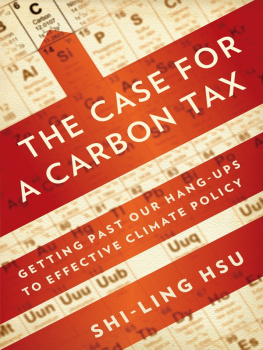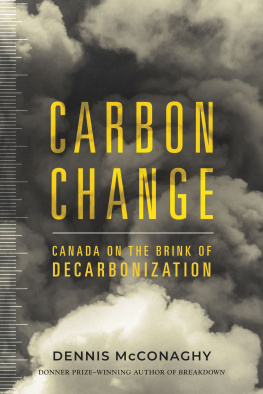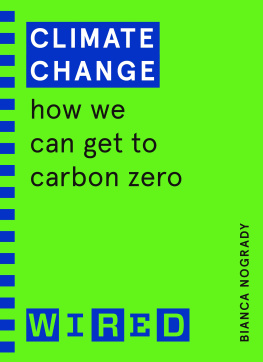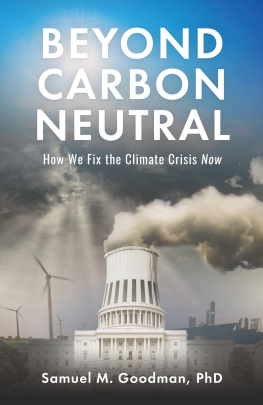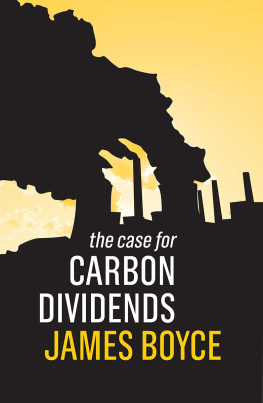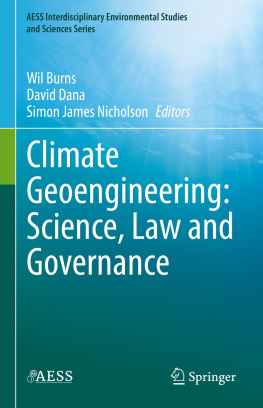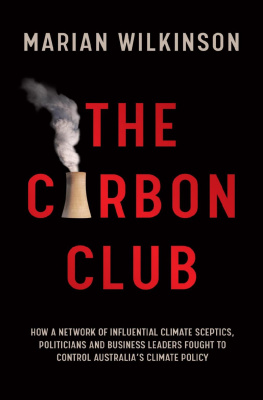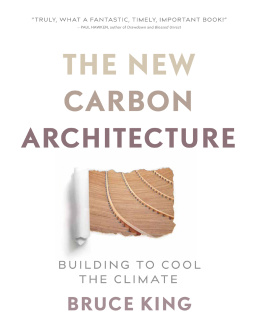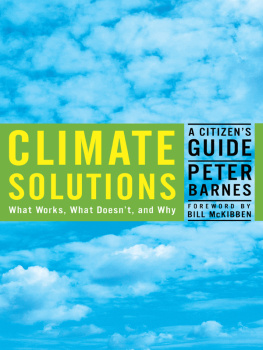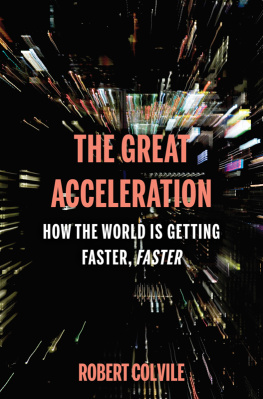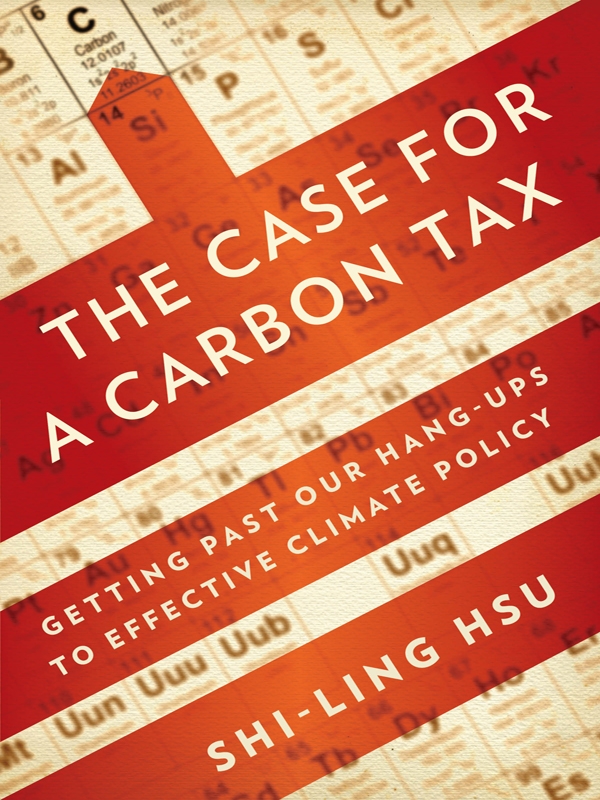Dr. Shi-Ling Hsu PhD JD - The Case for a Carbon Tax: Getting Past Our Hang-ups to Effective Climate Policy
Here you can read online Dr. Shi-Ling Hsu PhD JD - The Case for a Carbon Tax: Getting Past Our Hang-ups to Effective Climate Policy full text of the book (entire story) in english for free. Download pdf and epub, get meaning, cover and reviews about this ebook. year: 2011, publisher: Island Press, genre: Politics. Description of the work, (preface) as well as reviews are available. Best literature library LitArk.com created for fans of good reading and offers a wide selection of genres:
Romance novel
Science fiction
Adventure
Detective
Science
History
Home and family
Prose
Art
Politics
Computer
Non-fiction
Religion
Business
Children
Humor
Choose a favorite category and find really read worthwhile books. Enjoy immersion in the world of imagination, feel the emotions of the characters or learn something new for yourself, make an fascinating discovery.
- Book:The Case for a Carbon Tax: Getting Past Our Hang-ups to Effective Climate Policy
- Author:
- Publisher:Island Press
- Genre:
- Year:2011
- Rating:3 / 5
- Favourites:Add to favourites
- Your mark:
The Case for a Carbon Tax: Getting Past Our Hang-ups to Effective Climate Policy: summary, description and annotation
We offer to read an annotation, description, summary or preface (depends on what the author of the book "The Case for a Carbon Tax: Getting Past Our Hang-ups to Effective Climate Policy" wrote himself). If you haven't found the necessary information about the book — write in the comments, we will try to find it.
Shi-Ling Hsu examines the four major approaches to curbing CO2: cap-and-trade; command and control regulation; government subsidies of alternative energy; and carbon taxes. Weighing the economic, social, administrative, and political merits of each, he demonstrates why a tax is currently the most effective policy. Hsu does not claim that a tax is the perfect or only solution-but that unlike the alternatives, it can be implemented immediately and paired effectively with other approaches.
In fact, the only real barrier is psychological. While politicians can present subsidies and cap-and-trade as win-win solutions, the costs of a tax are immediately apparent. Hsu deftly explores the social and political factors that prevent us from embracing this commonsense approach. And he shows why we must get past our hang-ups if we are to avert a global crisis.
Dr. Shi-Ling Hsu PhD JD: author's other books
Who wrote The Case for a Carbon Tax: Getting Past Our Hang-ups to Effective Climate Policy? Find out the surname, the name of the author of the book and a list of all author's works by series.

